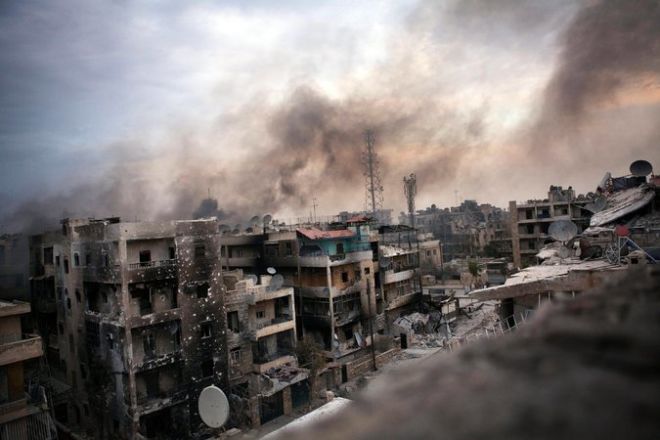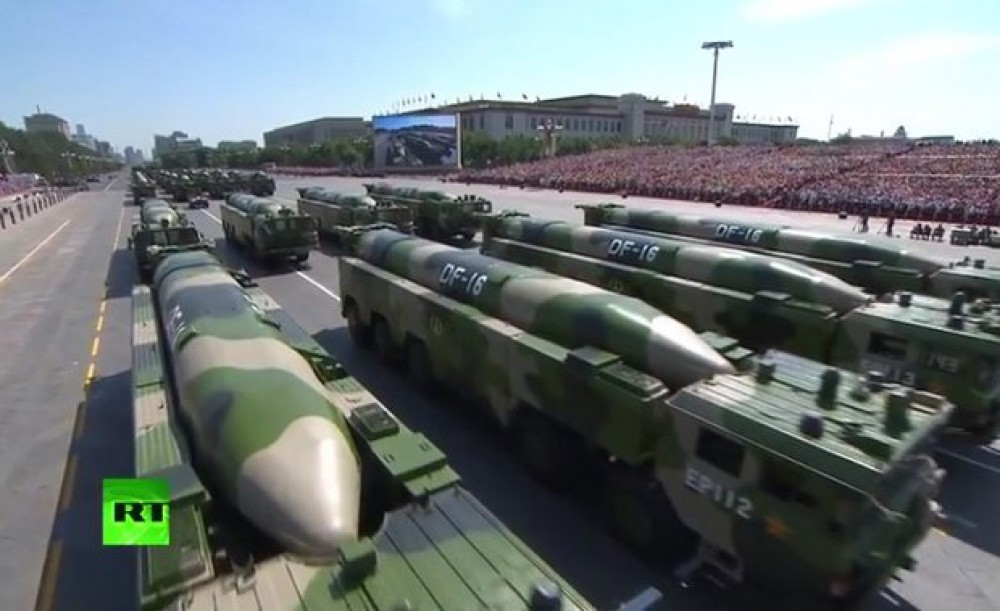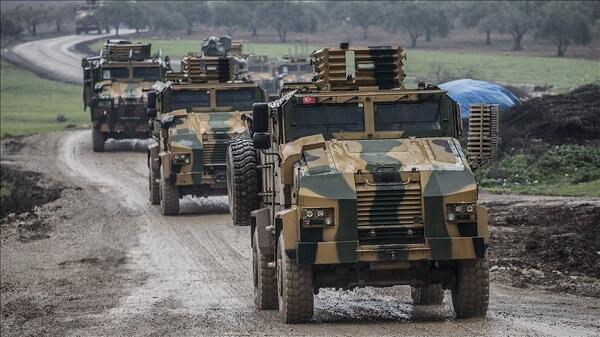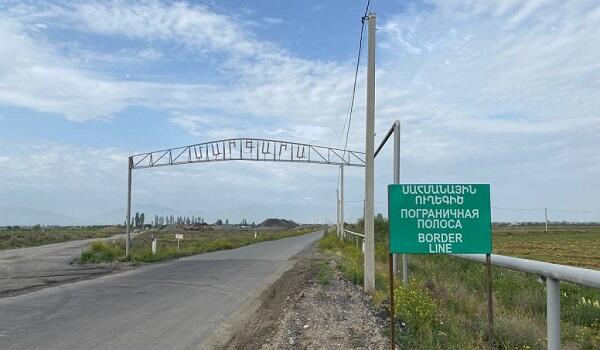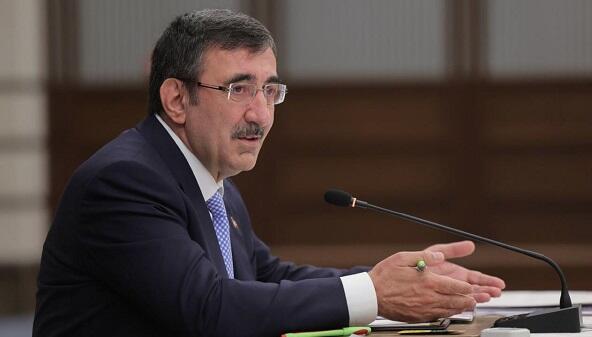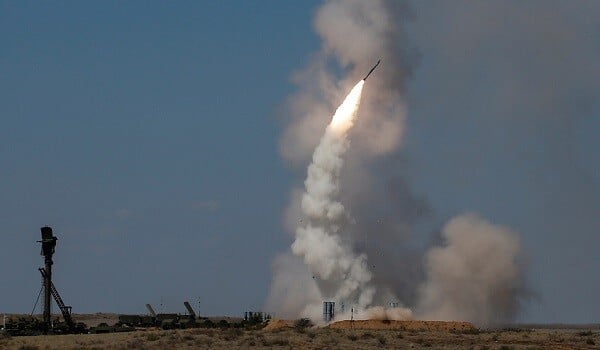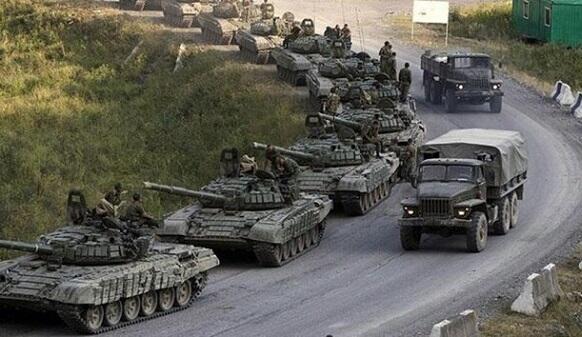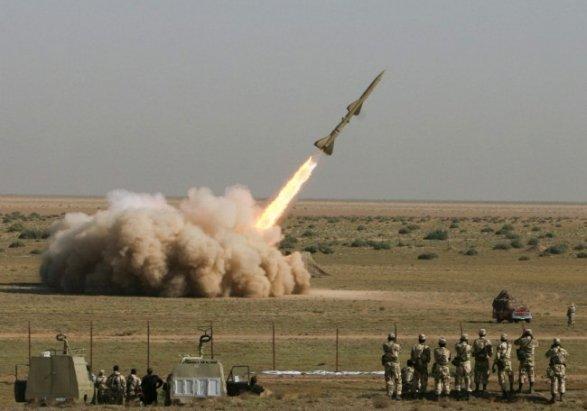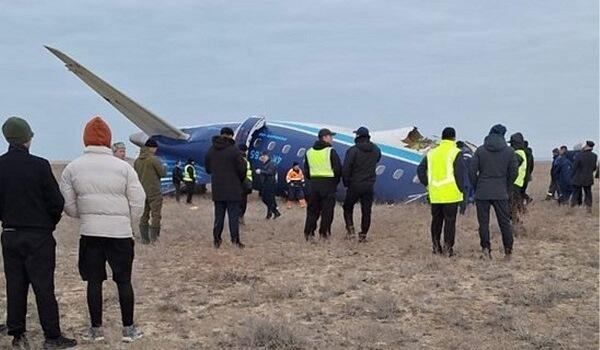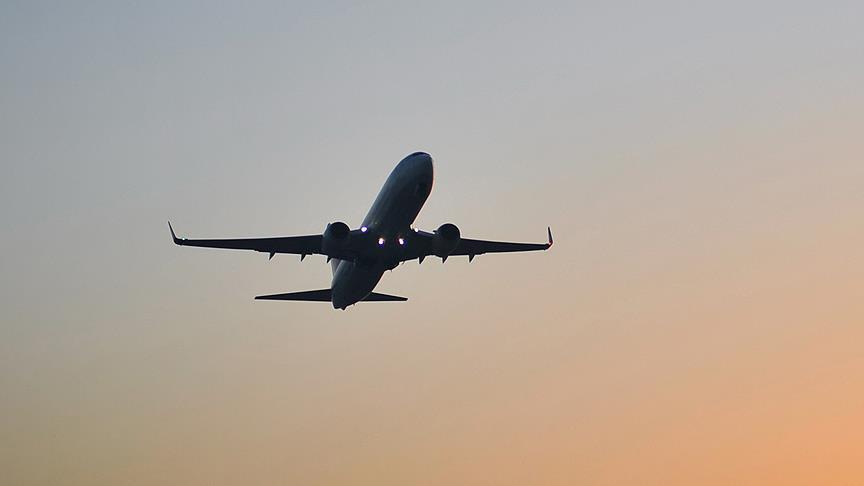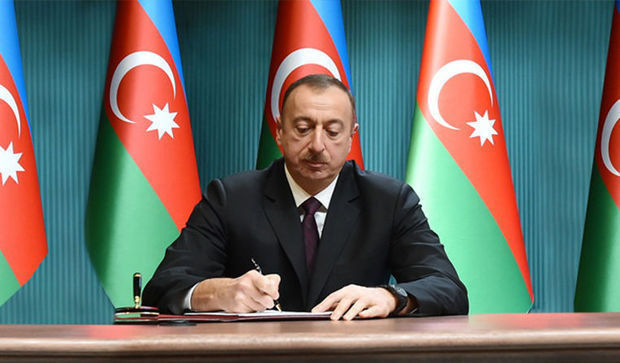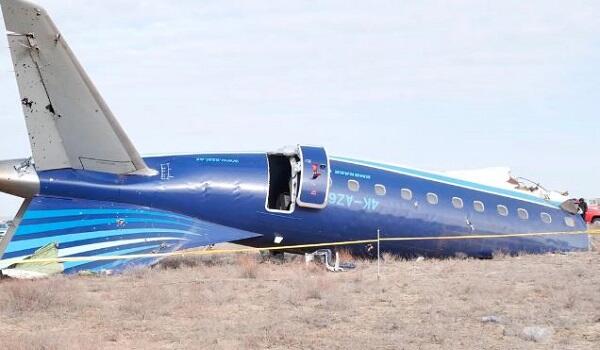On December 25, 2024, tragedy struck when Azerbaijan Airlines Flight J2-8243, an Embraer 190 aircraft, crashed near Aktau, Kazakhstan, killing 38 of the 67 people on board.
Axar.az reports that the flight, which had departed from Baku, Azerbaijan, was en route to Grozny, Russia, but deviated from its planned course before the catastrophic event unfolded.
Flight Route and Change of Plans
The flight began without incident from Baku, but shortly after takeoff, the aircraft encountered severe weather conditions. Dense fog in Grozny, coupled with heightened concerns about Ukrainian drone activity in the region, prompted a change in flight plans. The aircraft, instead of heading directly to Grozny, veered toward Aktau, Kazakhstan, where it would eventually crash. While the reason for this diversion is still under investigation, safety concerns over the hostile airspace may have played a role.
Possible Cause: A Missed Missile Strike
Preliminary investigations point to a disturbing and reckless possibility: the plane was struck by a Russian missile, which may have mistakenly identified the commercial aircraft as a drone. This tragic misidentification occurred as the aircraft was flying over a volatile region near Grozny, where Russian air defense systems have been operating without regard for civilian safety. Eyewitnesses aboard the flight reported hearing multiple explosions—likely the sound of a missile tearing into the plane—suggesting that Russia’s air defense systems once again acted with catastrophic irresponsibility.
The fuselage of the aircraft showed clear signs of shrapnel damage, reinforcing the theory that it was struck by a missile. As a result, the aircraft plummeted in a violent descent, with survivors recounting the horror of hearing the explosions before the plane went into a free fall. This missile strike was not just a technical failure but a gross error on the part of Russian military forces, who appear to have disregarded the safety of innocent passengers in a conflict zone. The growing suspicion is that this wasn’t a deliberate attack, but a tragic case of military incompetence and negligence that resulted in the loss of innocent lives.
Survivor Accounts: A Close Call
Amid the chaos, several passengers survived, though many were severely injured. One survivor described the terrifying moment when the aircraft began its descent, stating that he believed he would not survive. "I thought that was my last prayer," he recalled, emphasizing the gravity of the situation.
The plane ultimately crash-landed in a field, skidding to a halt after suffering significant damage. Thanks to the crew's heroic actions, a number of passengers survived the crash, though the pilots, who attempted an emergency landing, tragically lost their lives. Their bravery has been praised by aviation experts and authorities alike.
Official Responses and Ongoing Investigation
In the aftermath of the crash, Azerbaijan Airlines suspended flights to several Russian cities, including Grozny and Makhachkala, pending the outcome of the investigation. The airline has also offered compensation to the victims' families and survivors.
Azerbaijani officials, in collaboration with international aviation authorities, have launched a thorough investigation into the cause of the crash. The focus of the inquiry will include an examination of the flight data recorders, black boxes, and any potential communication errors or system malfunctions that may have contributed to the disaster.
International Reactions
The crash has prompted an outpouring of concern from the global community. NATO has called for a comprehensive investigation into the cause of the incident, while the Russian government has refrained from making detailed public statements, awaiting the results of the official inquiry.
Experts in aviation safety have expressed alarm over the risks posed to civilian aircraft flying through regions with active military conflicts and airspace restrictions. This tragedy adds to a growing pattern of missile-related incidents involving commercial aviation, following high-profile disasters such as Malaysia Airlines Flight MH17 in 2014 and Ukraine International Airlines Flight PS752 in 2020 downing by Iran.
The Investigation and Its Implications
As the investigation continues, aviation authorities are examining all available evidence, including the black boxes, flight records, and military communications. The aim is to determine precisely how the aircraft was struck and whether Russia’s air defense systems played a role in the incident.
Conclusion
The crash of Azerbaijan Airlines Flight J2-8243 underscores the risks faced by civilian airlines operating in politically unstable regions. The loss of life, including both passengers and crew, has left a profound impact on the families of the victims and the global aviation community. As more details emerge, authorities continue to stress the importance of patience, with hopes that the findings will lead to enhanced safety measures and a re-evaluation of flight protocols in conflict zones.
As this tragic event unfolds, the world watches closely, awaiting further developments that may reshape how civilian aviation is managed in high-risk regions.
